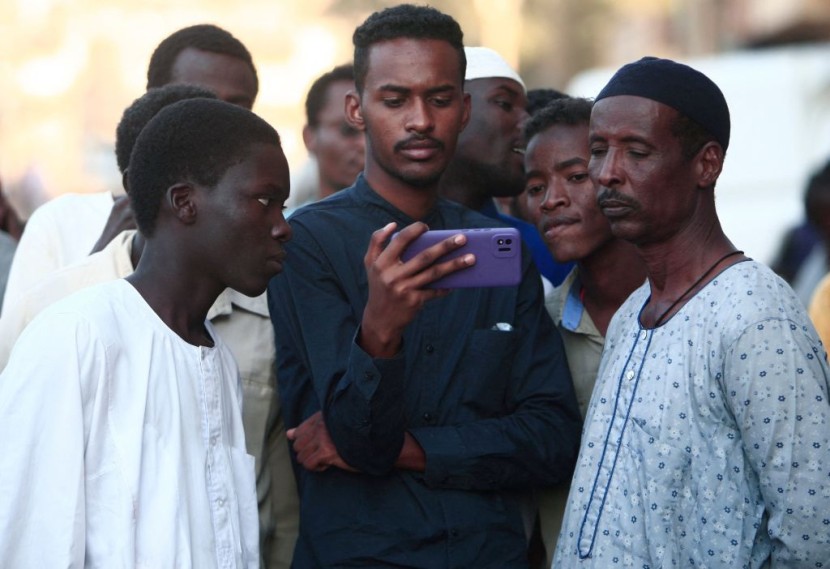Sudan has crashed into an internet blackout, with the blame primarily directed at the Rapid Support Forces (RSF). The RSF has denied responsibility for the outage.

According to the BBC, NetBlocks, a watchdog that monitors internet freedom, posted to X, that there had been a "new collapse of internet connectivity" in Sudan.
The telecom blitz comes as a Sudanese hacktivist group allegedly targeted Uganda for welcoming the RSF leader, Mohamed Hamdan Dagalo.
NetBlocks said it had found a disruption to the services of internet providers Uganda Telecom and MTN, although a BBC reporter in the capital, Kampala, said he did not notice any problems.
Others in Sudan have reported being unable to access the internet since Friday, but the situation has worsened in the last few days.
What Is The Situation In Sudan?
After ten months of conflict, the RSF controls most of the capital, Khartoum, and some of Sudan's infrastructure that is based there, including the headquarters of the telecoms providers, reported Reuters.
The RSF has been fighting Sudan's army for control of the country since April in a war that has killed thousands, displaced almost 8 million, and sparked warnings of famine.
Four industry sources told Reuters that the RSF began shutting down the networks on Feb. 5, completing the blackout two days later.
The sources revealed to Reuters that RSF soldiers had threatened the blackout unless engineers restored service to the western Darfur region, which the RSF controls and has experienced a blackout for months.
A telecom industry official blamed the situation there on lack of fuel and dangerous working conditions.
Devices hooked up on Elon Musk's Starlink satellite internet system have increased despite a government order against them. However, many are left dark in a country where smartphone use is critical to most aspects of life.
Commerce in Sudan has become largely reliant on e-wallets as income has dried up, belongings are stolen, and banks are at a low.
"I am very worried for my family," said 48-year-old doctor Mohamed al-Nour, living abroad. "I can't contact them and they depend on my money transfers."
The outage has severely restricted the work of volunteer emergency response rooms, which provide crucial food and medical assistance.
"We've lost our bearings completely," said one volunteer from Khartoum now outside the country. "No trader will give us food for free. People will start to starve. And the same goes for medical supplies."
Abdelgaffer Omer, another volunteer from Bahri, said the kitchens there had been about to re-stock. "What they had wouldn't last more than a week or ten days, and it's already been a week."
Aid agencies are also facing difficulties paying suppliers and ensuring safety for staff, says Mathilde Vu of the Norwegian Refugee Council.
The hold-up is slowing an already stretched response to several disease outbreaks and waves of displacement.
"We are not able to support our teams right now. If you send any of your colleagues to a distribution site and there is any issue we wouldn't be able to support them. That is very stressful," she said.
A government source said the national telecom authority was working with companies to restore services as soon as possible, denying negotiations with the RSF.









